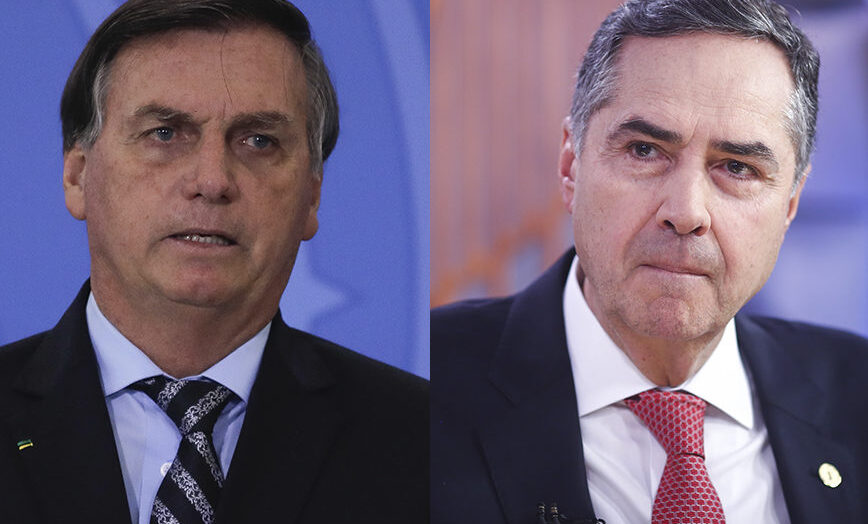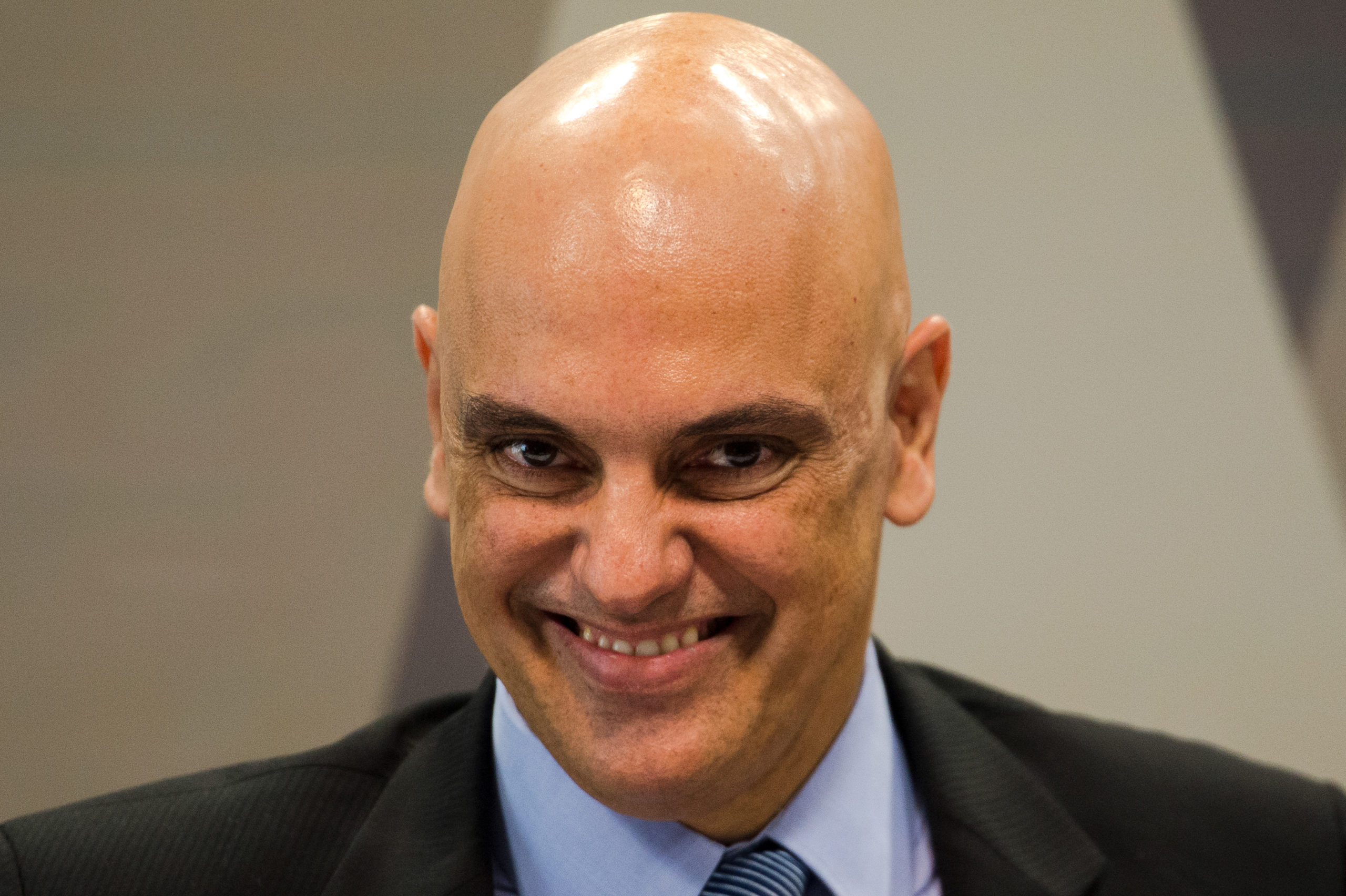RIO DE JANEIRO, BRAZIL – The Supreme Court (STF) announced the decision, which came in response to a request from the Presiding Judge of the Supreme Electoral Tribunal (TSE), Luis Barroso, who is also a Supreme Court Justice.
The STF decision that granted Barroso’s request was based on allegations of a campaign by rightwing Bolsonaro to discredit the country’s electronic ballot system.

Judge Barroso and President Bolsonaro have clashed verbally dozens of times. A few days ago, this dispute, which appears to be personal in nature, escalated and is now affecting the entire country, including foreign investors interested in the booming nation but increasingly fearing a political and institutional crisis.
The STF investigation against Bolsonaro was initially limited to the spread of fake news over the Internet. Two months ago, however, the focus shifted to the possible existence of so-called “anti-democratic digital” groups, mostly belonging to the incumbent leader’s far-right camp.
The TSE’s request to the STF complements another decision by the electoral court, which had decided to initiate “administrative proceedings” against the President after he declared that there would be “no elections” unless printed ballots were used again in 2022.
Judge Barroso announced Monday (2), with the approval of the entire TSE, that he would initiate “administrative proceedings” against the Brazilian president for questioning the credibility of the electronic voting system.
“Barroso is doing a disservice to the nation” and trying to “impose his will,” Bolsonaro said of the judge. The TSE has also asked the STF to include the president in an investigation into spreading false news and “attacks” on democratic institutions.
The conflict is that Bolsonaro has repeatedly questioned the credibility of electronic ballot boxes, which the country introduced in 1996. At the time, most believed the new system would put an end to voter fraud.
For critics, what was good in 1996 may be challenged in 2021. They point out that hacking is on the rise and digital manipulation is commonplace. However, the TSE has pointed out that the electronic ballot boxes are not connected to the Internet, making hacking next to impossible.
Bolsonaro says he wants to add another layer of security to the system so that digital election results can be verified by analog means in case of doubt.
The president has therefore proposed a constitutional amendment that is currently being discussed in Congress. There are proposals to either implement the old printed ballots system or amend the electronic voting system to add an analog physical “receipt” of the vote that can be counted.
The proposed new system, if enacted, would be in place by the November 2022 general election, when state and federal legislatures and executive positions are contested.
Nevertheless, 11 parties represented in Congress, including several from the government base, have argued for the retention of the existing electronic-only system, arguing that not a single case of fraud has been proven since its introduction.
Faced with the TSE’s decision to investigate his conduct, Bolsonaro warned that he would continue to “exercise the right of citizens, freedom of expression and criticism, and above all listen to the will of the people,” who he said wanted to vote with verifiable ballots.
“I have sworn to give my life for the Fatherland” and “I will not be intimidated,” he added, raising his voice before a small group of supporters.
IS THE SUPREME COURT BEYOND ANY DOUBT?
In July, a columist for Folha de S. Paulo, a newspaper of reference in Brazil, reported that the STF has recently adopted unorthodox measures and largely ignored the Federal Prosecutor General’s office, in an attempt to contain the Bolsonarist onslaught against other governmental institutions.
Folha wrote that specialists fear that actions taken by the STF outside the usual rules – which call for the Public Prosecutor’s Office to be involved in investigations, could create a dangerous precedent for democracy. The current Federal Prosecutor General (PGR) Augusto Aras, is seen by critics as being unusually favorable to President Bolsonaro, an attitude said to be designed to win him a seat on the STF next year.

USP Law School professor Rafael Mafei compares the relationship between the Planalto Palace and the STF to a soccer match in which tempers flare and fouls become increasingly harsher. “In these cases, there are only two possible outcomes: either the opposing party is intimidated and retreats, or it escalates into a generalized clash and the game stops.”
“Today it’s very difficult to say what the outcome will be, whether it will be positive or negative in the end. It largely depends on who wins the 2022 elections,” the professor says.

